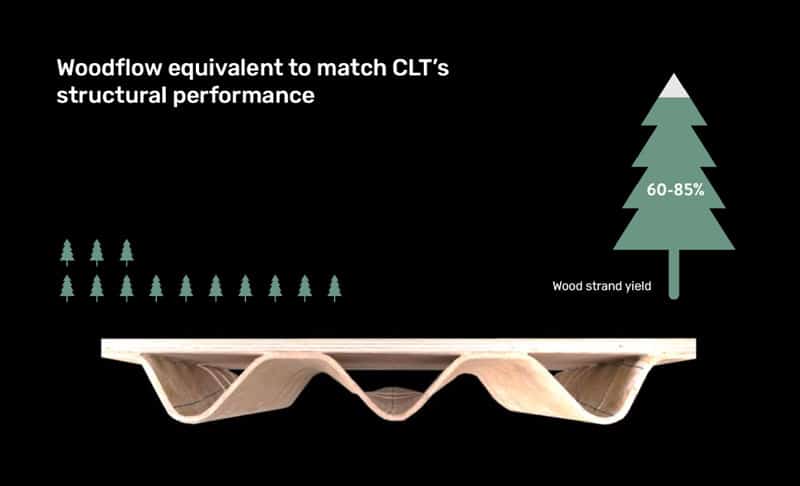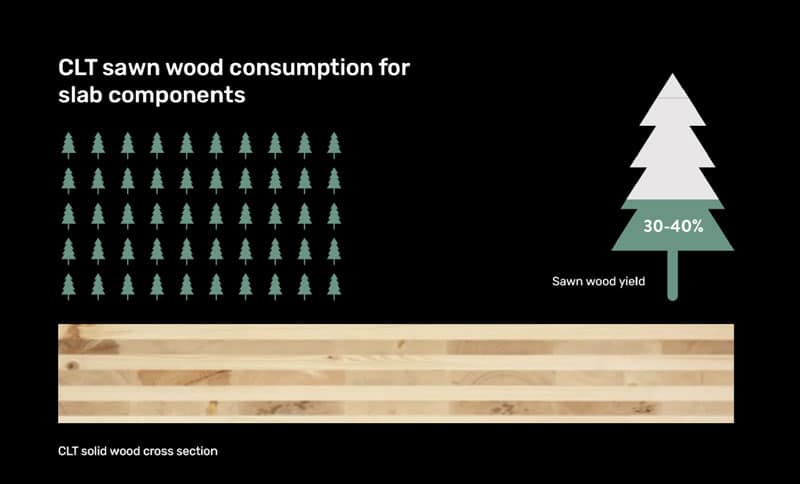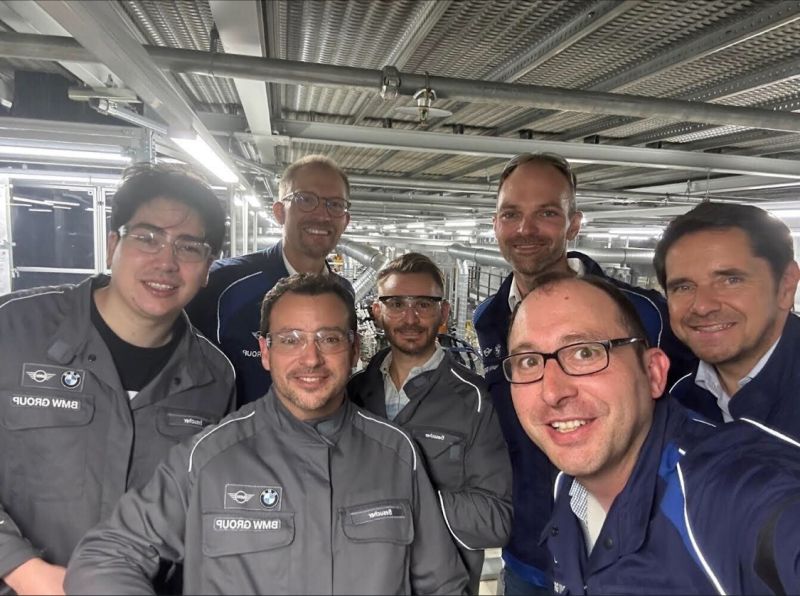German car manufacturer BMW is backing new technologies that could see wood panels replace concrete and steel in vehicle body parts, lightweight construction, freeform concrete formwork, maritime structures and furniture.
The technology claims to achieve the strength of concrete with one-tenth of the weight, uses fewer trees than cross-laminated timber products and has the potential to transform lightweight construction. Significantly, it can be deployed on a massive scale across multiple industries, allowing timber to play a pivotal role in solving the climate crisis.
Yesterday, Spanish start-up Strong by Form secured US $5.2 million in seed funding with its “oversubscribed round” led by CMPC Ventures, the corporate venture capital arm of CMPC, one of the world’s largest pulp and paper producers.
Investors include Climate Insiders, Ciri Ventures, MAIF Avenir, Teampact Ventures, Core Angels, Savia Ventures, Family Offices, and corporate venture capitals Symbia VC, FINSA, and VX Ventures.
“CMPC is very excited to partner with Strong by Form,” according to Bernardita Araya, the CMPC Ventures Manager, who said the Chilian paper giant has an “enthusiastic, dedicated team of technical, strategic, and commercial experts to help the acceleration to industrial scale, making the most of the many synergies towards developing these more sustainable construction solutions.”
The hype centres around Strong by Form’s Woodflow technology, a design-to-manufacture computational platform fully automating the process from design to fabrication. Its first product, scheduled for launch in Madrid early next year, is an interior cladding product.
“Our proprietary software enables us to integrate computational design, structural optimisation, and fabrication in a seamless process,” according to Strong by Form’s Founder, Andrés Mintik.
“Additionally, our additive manufacturing technology allows for the placement of the wood composite with the right density, fibre orientation and thickness that the component requires.”
“This allows us to tailor the component’s mechanical performance to unprecedented levels.”


Significantly, the technology uses wood strands, which, according to Mr Mintik, makes for more efficient use of the forestry resource, “and because it is additive manufacturing-based, our production generates minimum waste.”
In addition, its freeform capabilities reduce assembly times and chances of failure, allowing the team to solve complex geometries and fuse several functions into one part.
“Our ability to blend nature and technology has demonstrated that we can utilise wood in a smarter, more efficient, and highly sustainable manner,” Mr Mintik said.
Established in 2018, Strong by Form already has a global footprint with headquarters in Spain, offices in Stuttgart, Germany, and a pilot robotic manufacturing facility in Santiago, Chile – hence the CMPC connection.

It also has a strong relationship with BMW Group, which “has helped secure global opportunities”, and was selected to participate in the Ready Go advanced leadership program earlier this year.
“This allowed us to access an incredibly knowledgeable team of mentors who have been kind enough even to invite us to visit the amazing BMW facilities in Dingolfing, where the iX model is being produced using the latest automation technology,” the team said.
The latest investment will double in size and build an industrial manufacturing facility. According to a media statement released by Strong by Form Overnight, hires will focus on strengthening its R&D and product development capabilities while a full manufacturing team will also be brought on board.







